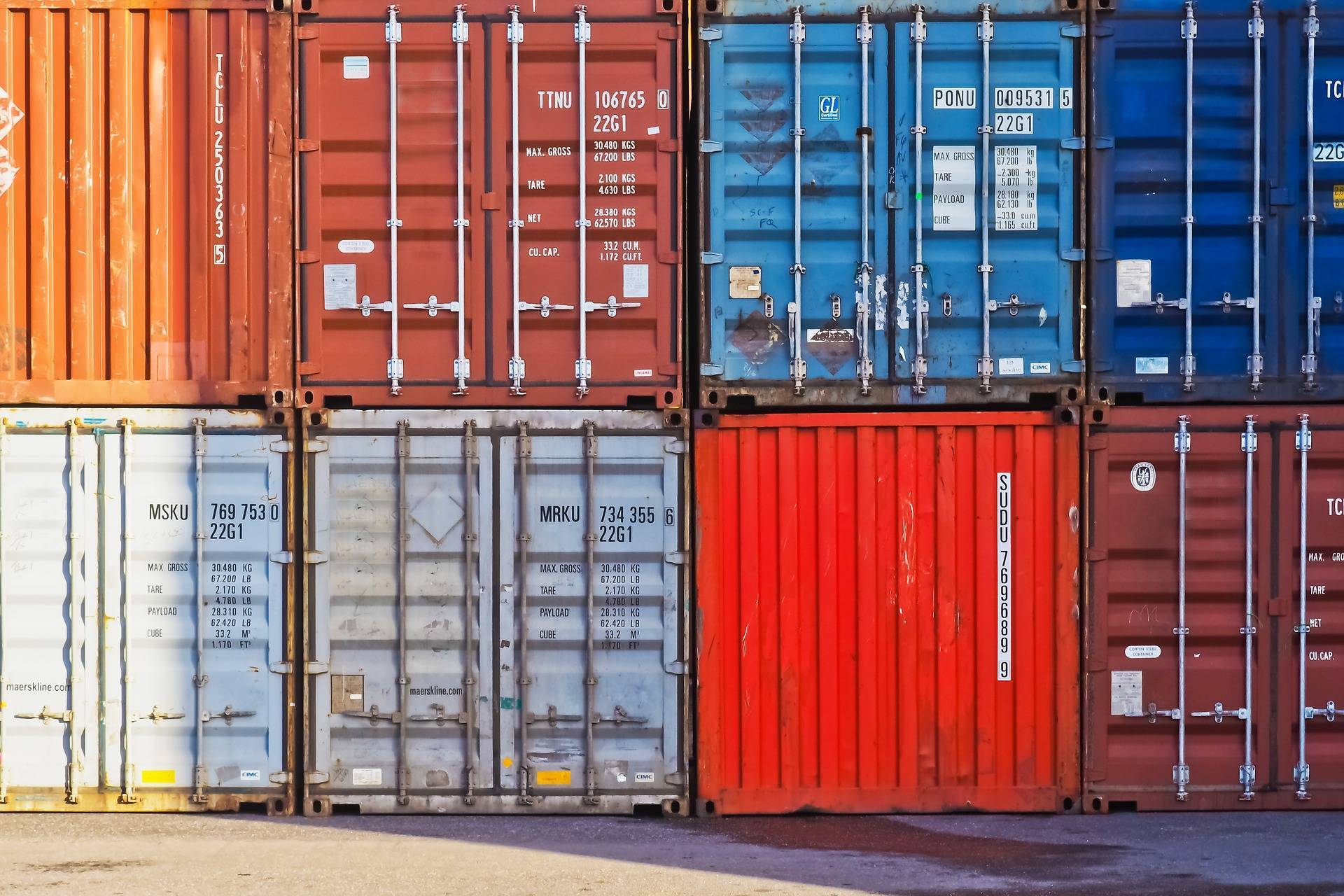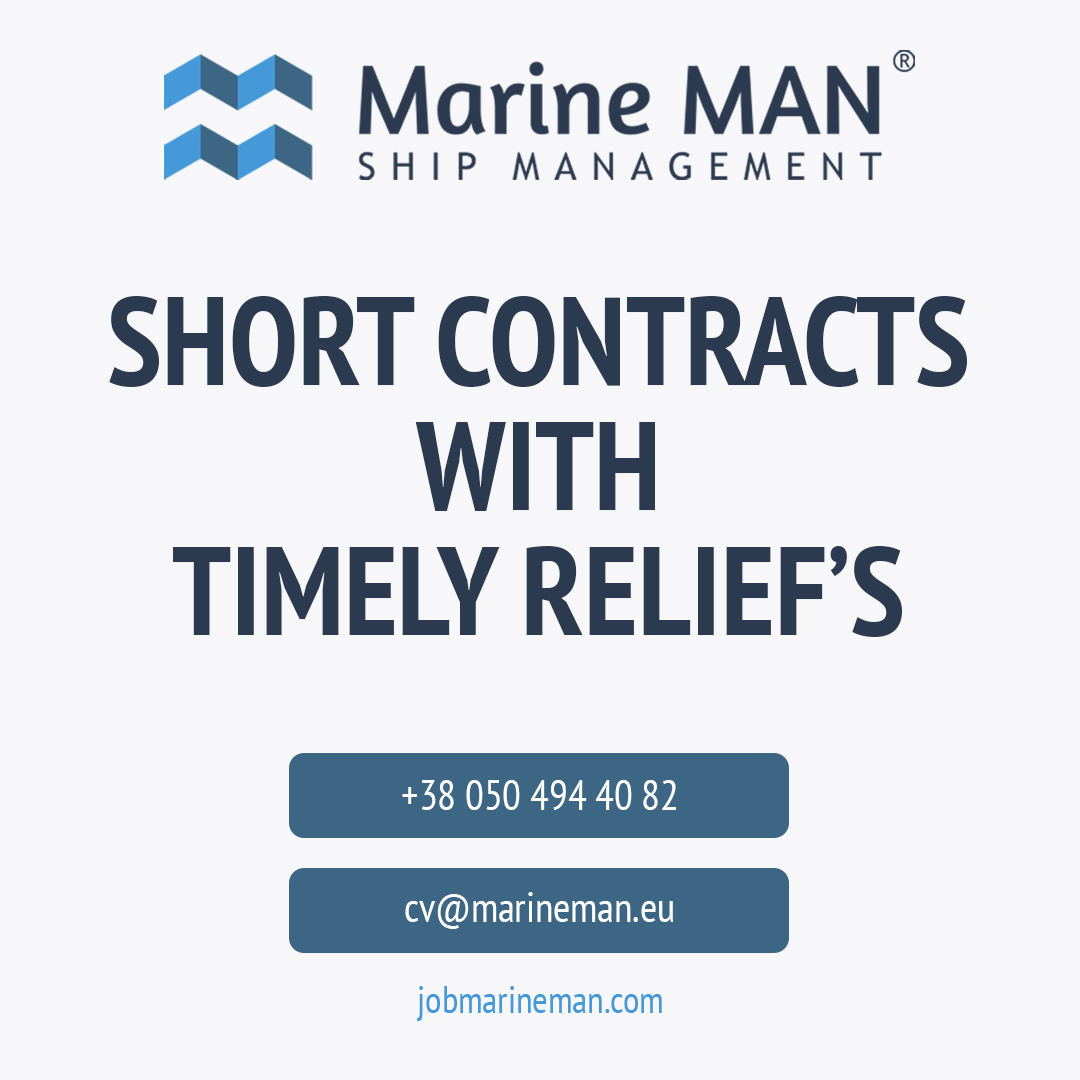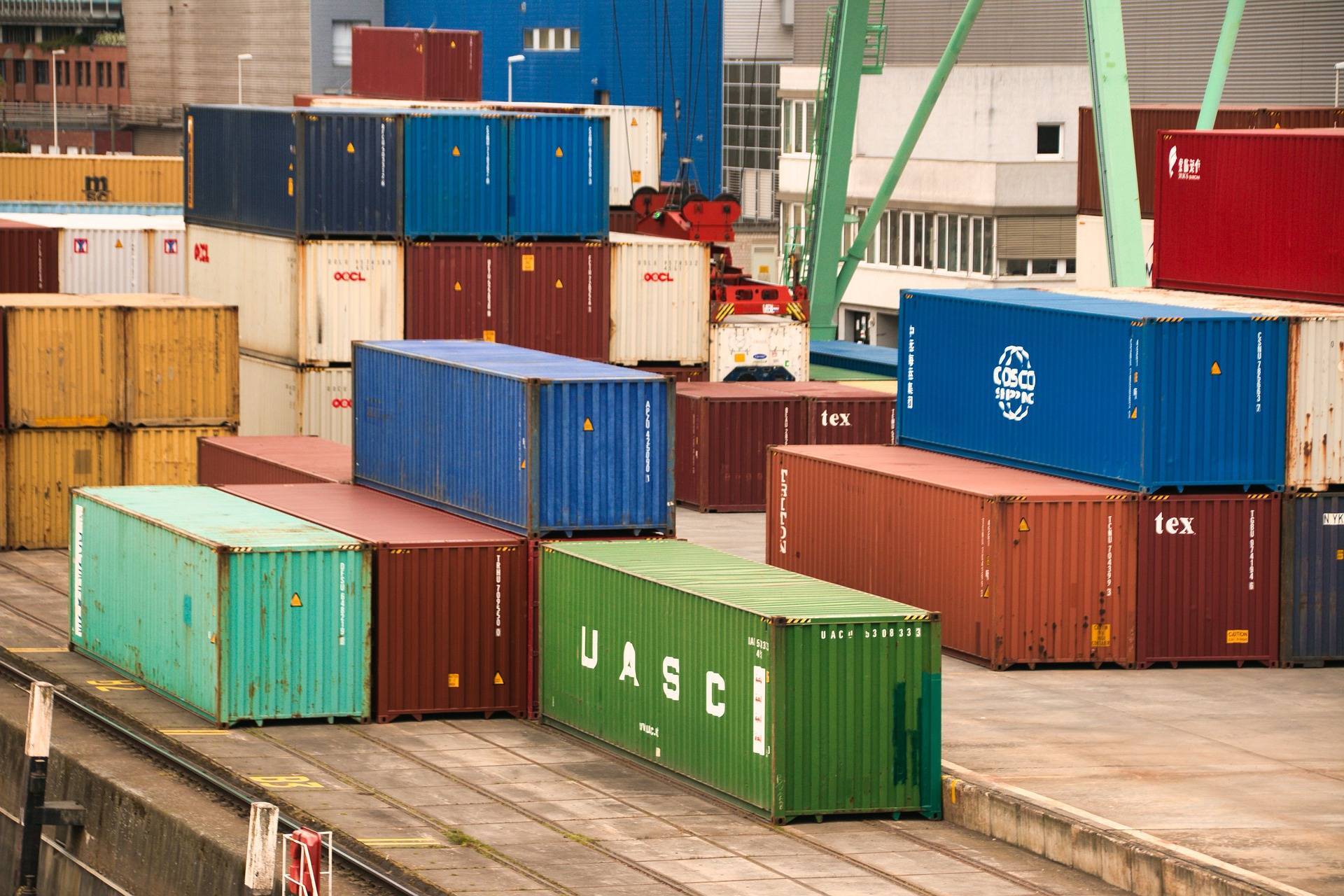How to go offshore as a rating

Automatic translation
Going to work at sea immediately after training is the dream of every seafarer student. However, almost every graduate of maritime academies knows that this is not such an easy task, since now the demand for seafarers, especially those without work experience, is quite low. Therefore, in addition to working on merchant ships, many are beginning to consider offers of work on offshore ships. Let's take a closer look at the option of employment on such ships.
"Offshore" fleet
What is an “offshore” fleet? As we already mentioned, the offshore fleet has the main difference from the merchant fleet: if transport merchant ships deliver cargo from point A to point B, regardless of the type of the vessel itself, then the offshore fleet is a special purpose fleet. Ships of this type can be very different, and working on them requires special skills from the crew. For example: be able to lay pipelines, deploy special platforms on the shelf, drill wells, repair and lay cables on the seabed, etc. Thus, work offshore to some extent can be even more difficult than on a conventional tanker, since in addition to the skills and the main task of the vessel, there is still a lot of specialized equipment on such vessels, which simply has no place on the ships of the merchant fleet.
According to statistics, getting a job in an offshore fleet, especially without work experience, is an extremely difficult task. This is primarily due to the prevalence of proposals from seafarers over the demand for their candidates in the industry as a whole, as well as the extreme reluctance of employers to consider proposals from seafarers who have no experience in offshore fleet. Taking into account the specificity of work on some offshore ships and the requirements for the skills of the applicant, you will have a very careful selection and nit-picking about any trifles. In addition, the tendencies now are such that there are practically no offers from shipowners for the position of an ordinary seaman in the offshore, or they are not considered by him in the absence of experience with a seaman.
What is recommended in this case? One of the options where you can gain experience in the offshore fleet is offered to test yourself in the "ferry" of this kind of vessel. In this case, you will not be required to have a special specification in working with the equipment and, more often than not, an ordinary crew is hired for such a task. And since the transition is not a quick matter, you will have plenty of time to familiarize yourself with the vessel and its specific equipment. Another option is to gain experience through participation in cadet programs. Quite often, they provide for work and training on this type of vessel. In this case, by the time you graduate, you will already be well aware of the specifics of work in this particular fleet.
 Earnings on offshore vessels
Earnings on offshore vessels
What is the earnings on offshore ships? First, we note that most often contracts are offered according to the 3/1, 4/2 and 5/2 month scheme. The region of operation may not be one and is directly related to the type of the vessel itself. The level of salaries is such that on such ships, the captain's and the chief engineer's salaries can be the same - up to 10,000 USD. The first mate has up to USD 800, and the second mate - up to USD 4,000. An electromechanic can receive a salary close to the salary of senior officers - up to 7,000 USD. AB / Motorman - can expect a salary of up to 1,500 USD. Recall that these estimates are approximate and vary depending on the type of offshore vessel and the functional responsibilities of the crew.
Thus, without experience in the offshore fleet, getting there is very difficult. However, there are options and do not forget that not all offshore vessels will require you to have very specific skills in working with special equipment in marine conditions.
